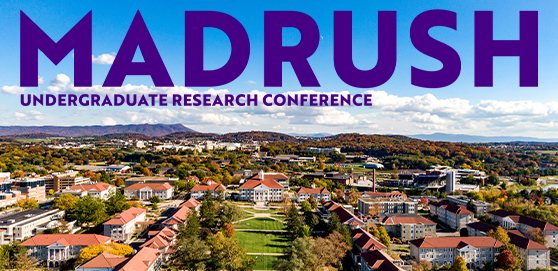Abstract
This paper examines the function and cultural implications of poetry in Egil’s Saga, an Icelandic saga written around the thirteenth century A.D. The title character, Egil Skallagrimson, is a renowned warrior and obstinate maverick, but perhaps his most singular trait is his gift for crafting poetry—a talent reflected in the nearly sixty sets of his verse that appear throughout the prose text. Obviously, these poems allow the reader to tap into Egil’s psyche, but they also fulfill the more profound purpose of illuminating the values and experiences of medieval Icelanders. Egil eternalizes the heritage he shares with his countrymen, explores (and exploits) the place of the poet in Viking society, and lends voice to the universal themes of friendship, death, and old age. His verse leads us view the Saga Age not as an epoch of legend, but as a time as authentic as our own.
Included in
Medieval Studies Commons, Other Languages, Societies, and Cultures Commons, Scandinavian Studies Commons
Kings, Wars, and Duck Eggs: Interpretations of Poetry in Egil’s Saga
This paper examines the function and cultural implications of poetry in Egil’s Saga, an Icelandic saga written around the thirteenth century A.D. The title character, Egil Skallagrimson, is a renowned warrior and obstinate maverick, but perhaps his most singular trait is his gift for crafting poetry—a talent reflected in the nearly sixty sets of his verse that appear throughout the prose text. Obviously, these poems allow the reader to tap into Egil’s psyche, but they also fulfill the more profound purpose of illuminating the values and experiences of medieval Icelanders. Egil eternalizes the heritage he shares with his countrymen, explores (and exploits) the place of the poet in Viking society, and lends voice to the universal themes of friendship, death, and old age. His verse leads us view the Saga Age not as an epoch of legend, but as a time as authentic as our own.



